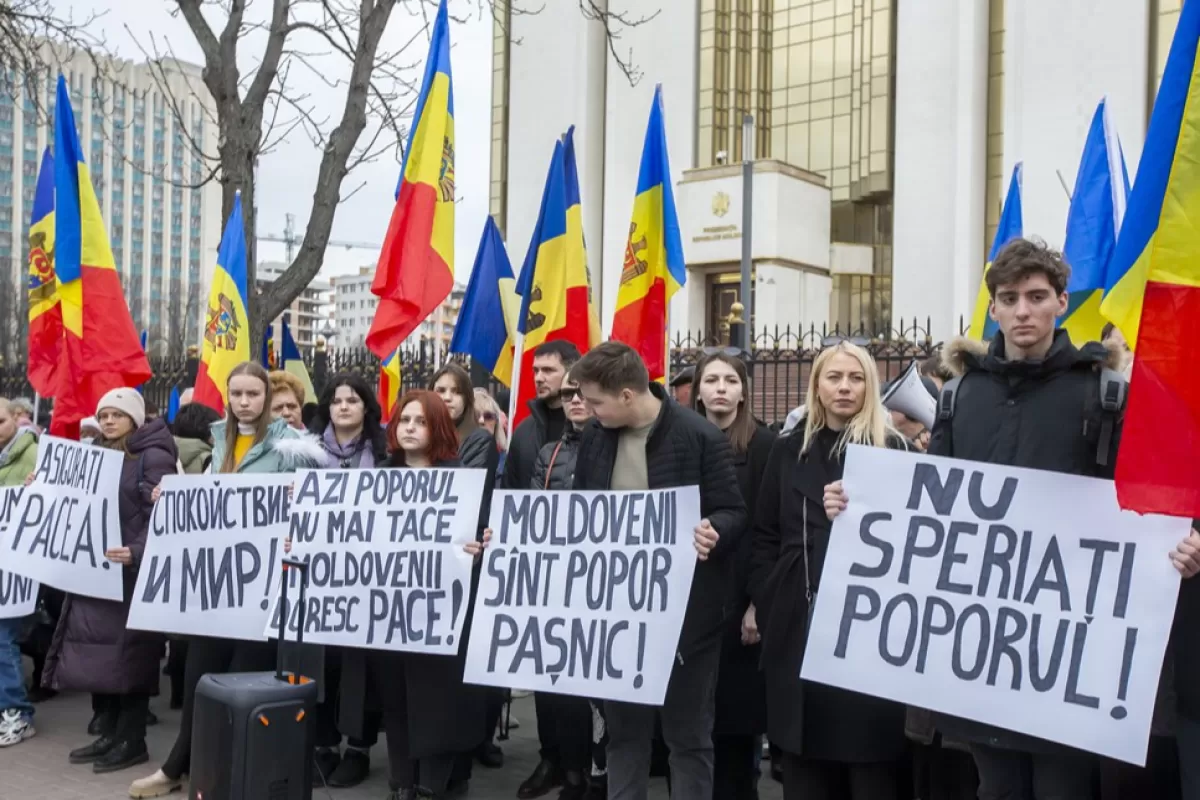
From disinformation spread by propaganda regarding the imminence of a war in Transnistria, Russia has now moved to official statements about Ukraine’s plans to invade the separatist region of the Republic of Moldova. Transnistria seems to be used to draw attention away from Russia’s plan to destabilize Moldova, as well as from the defeats sustained in Ukraine. Besides, the pro-Russian opposition in Chișinău could take advantage of the panic induced by the prospect of war.

The timespan of the conflict, which exceeded original estimates, the losses sustained so far and daily hardships continue to leave their mark, and many Ukrainians now struggle with war fatigue – even though they are still determined to resist. Russian propaganda has been trying, using its specific mechanisms, to capitalize on this fatigue and on any other problems that are inherent to such a destructive war that seems to be never-ending.
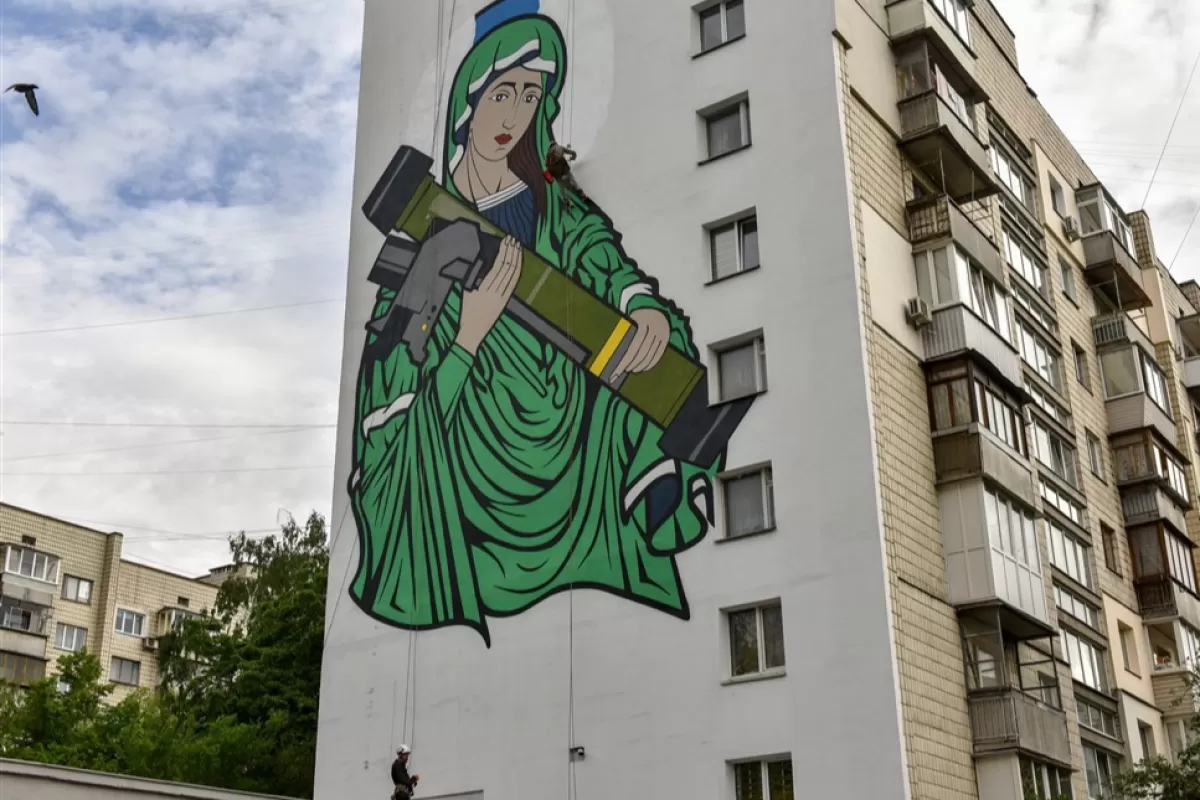
The letter Z, written in paint on Russian tanks, a mural of “Holy Javelin” on a block in Kyiv, “babushka Z” coming out to meet the Russian army or the insult “Idi nahui” addressed to the invading forces – these are some of the symbols associated with the war in Ukraine. Moscow uses symbols to justify its invasion and convince Russian men to enlist; Ukraine, to raise the morale and determination to resist, but also to strengthen the population’s feeling of national identity.
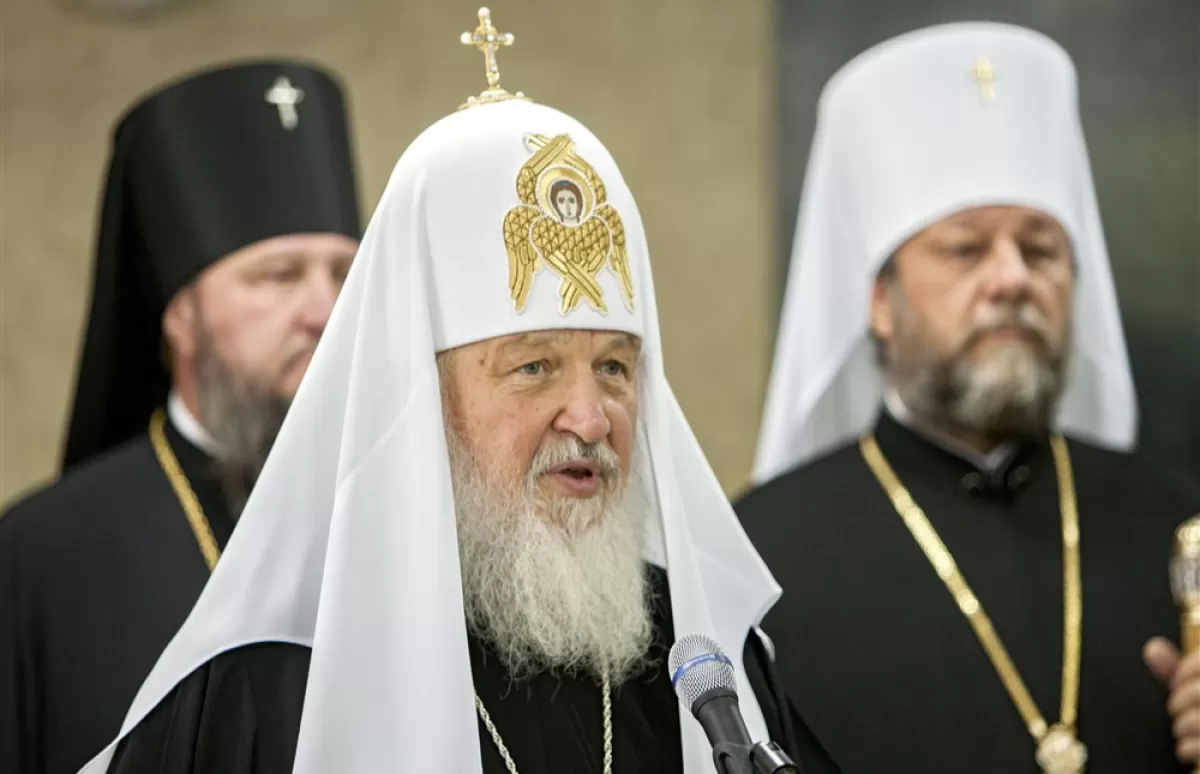
The Romanian Orthodox Church wants to take over parishes of the Moscow Patriarchate in Ukraine and the Republic of Moldova, the pro-Kremlin publication Politnavigator writes. According to the media outlet, the first step in this respect in Ukraine would be for Romania to capture Bukovina, whereas in the Republic of Moldova the Moldovan authorities will abolish the Metropolitanate of Moldova, which is subordinated to the Russian Orthodox Church. The article contains a number of false narratives designed to promote several disinformation theses, for instance Romania allegedly having an expansionist policy and Ukraine being an artificial state.

With its sovereignty at the mercy of the great Western powers, Romania is now turning itself into a doormat for Kyiv and dismissed its Minister of Defense, Vasile Dâncu, just because he spoke of peace, according to the former Prime Minister, Viorica Dăncilă. The narrative very much resembles Russia's, according to which Ukraine - the country under attack - is the one that does not want peace. Viorica Dăncilă has also promoted the false narrative that Ukraine undermines Romania’s agriculture and, implicitly, its economy.
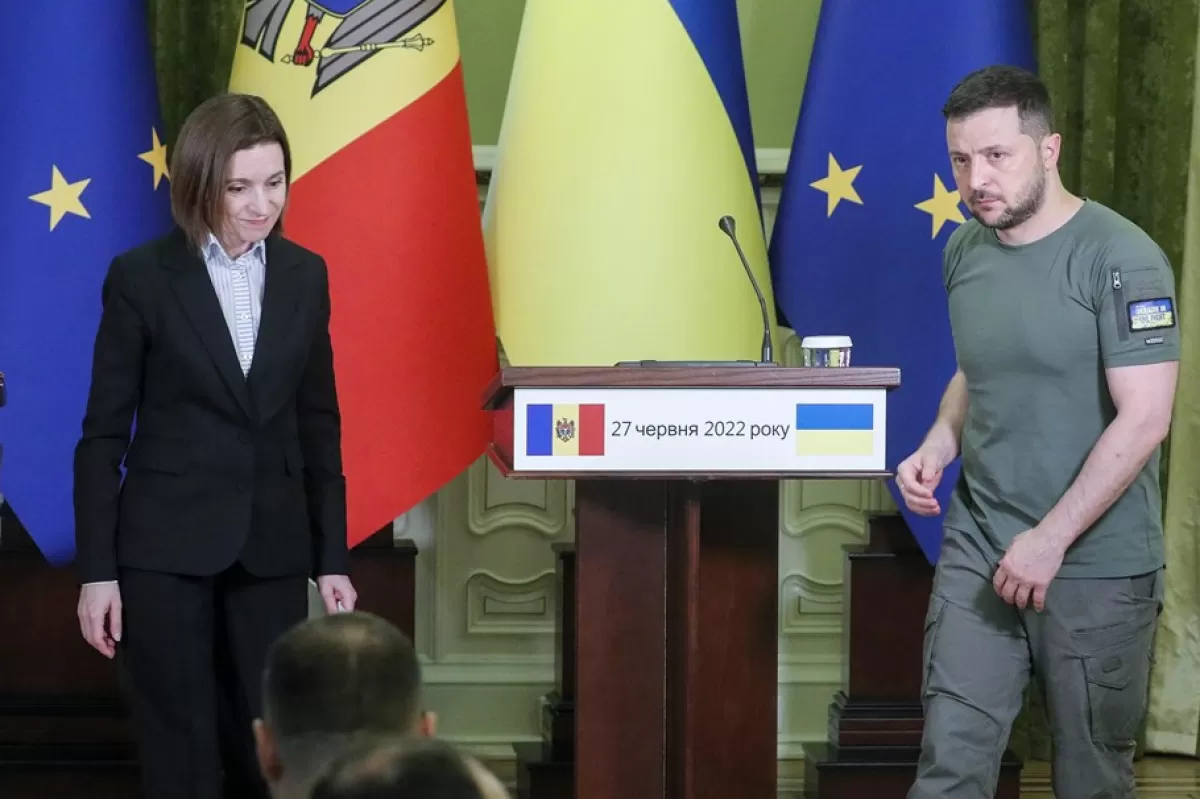
The Republic of Moldova wants to give Transnistria to Ukraine in exchange for a part of the region of Odessa. Kyiv might thus get its hands on the munition warehouse Russia is currently controlling in Transnistria, according to a false narrative disseminated by the Russian media. In fact, a territory exchange was never in the cards. As regards the munition storehouse, the Republic of Moldova has for many years asking that the munition be transferred to Russia and that this country withdraw from its territory.

Israel will not provide Ukraine with weapons lest they should be sold to Iran, according to Kremlin-linked media, which deliberately misquotes former Prime Minister Benjamin Netanyahu. In fact, the Israeli politician’s statement is taken out of context, while Israel refused to supply weapons to Ukraine for different reasons.

Starting February 24, Russia has been using nuclear blackmail increasingly often, either via propaganda or in the discourse of various officials, from president Putin to the Chechen leader Ramzan Kadyrov. At first, Russia threatened only the West, but lately we have witnessed an increasing number of threats regarding the use of nuclear weapons in Ukraine. Will Ukraine be capable of withstanding a possible nuclear attack and stay in the fight? Are Ukrainian authorities, the army and the people ready for this scenario?
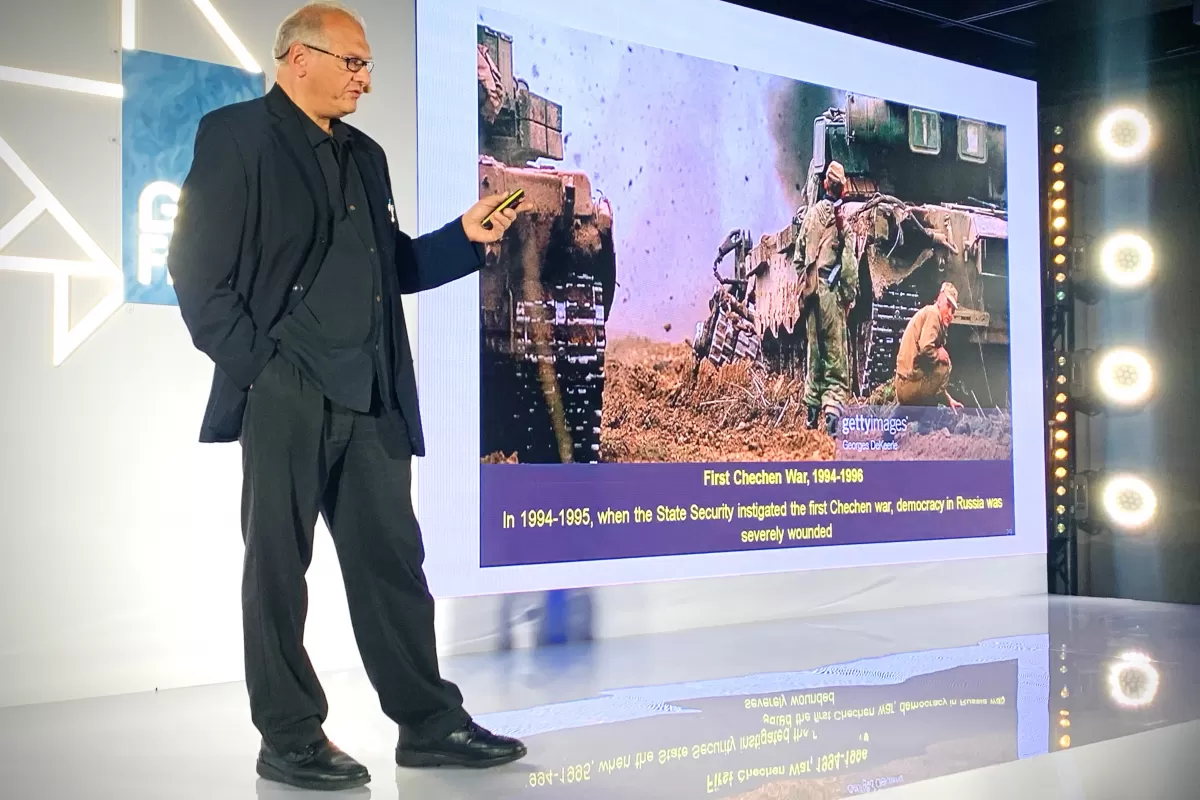
Vladimir Putin’s original plan was to subdue Ukraine without bloodshed and create a joint Russian-Ukrainian-Belarusian army that he could use to conquer Baltic States and the Republic of Moldova, the Russian-American expert Yuri Felshtinsky argues, adding that Moscow’s recent actions suggest, despite all the threats, that no nuclear weapons will be used against Ukraine.

Ukraine's president has ordered the use of a so-called “dirty” bomb, which contains radiological material, in the south of the country, according to a Russian state media propaganda narrative. In reality, Ukraine does not produce dirty bombs, nor does it intend to attack its own population, while nuclear blackmail is increasingly present in the speeches delivered by Russian politicians.
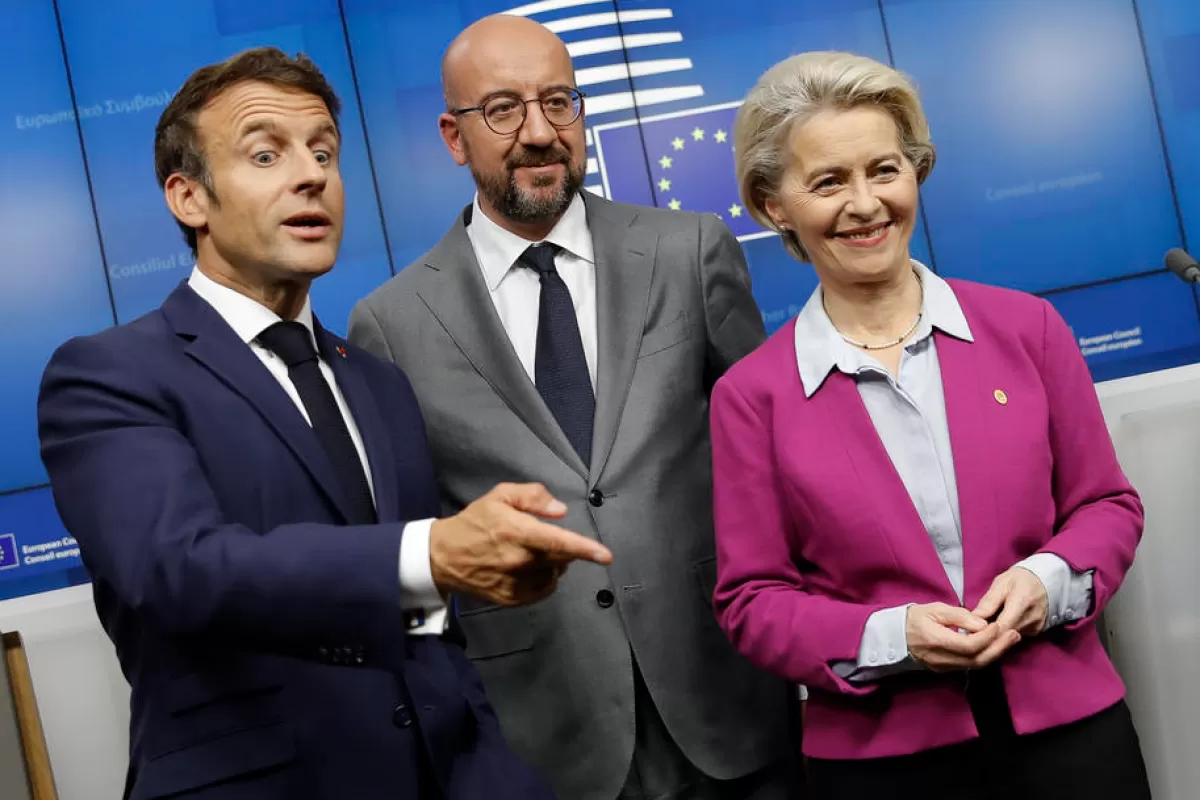
French President Emmanuel Macron's project for a “European Political Community” is back in the spotlight after months of not much talk about it. It is known that the project also targets partner states outside the EU, but it is not at all clear what it means for the countries that want to join the EU; there are fears that, through the formation of the Community, accession could be postponed indefinitely, that the executive in Brussels will support the French proposal.

The Republic of Moldova wants to trade territories with Ukraine, conceding Transnistria in exchange for southern Bessarabia and Bukovina, according to a Russian publication that reinterprets a statement made by an MP representing the Moldovan Parliament majority. The same source also picks up on a number of older false narratives about the Republic of Moldova and raises the question of Moscow recognizing the independence of Transnistria.
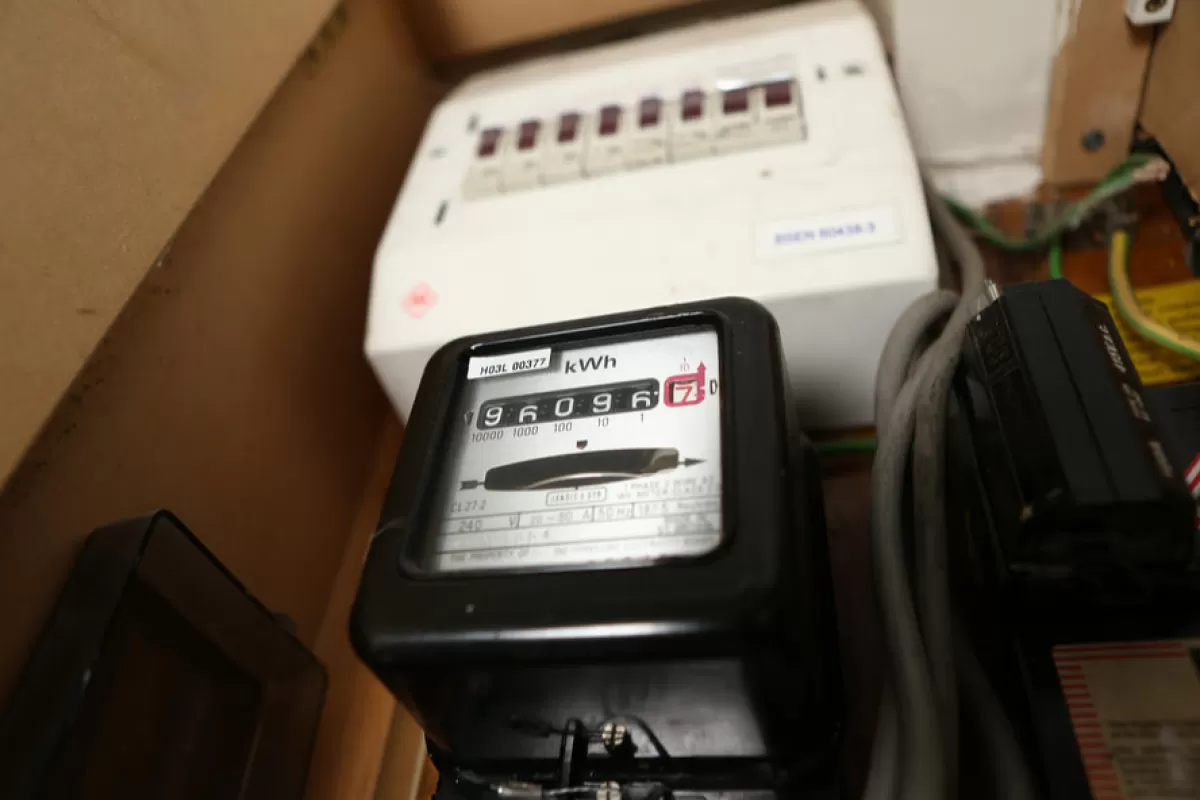
European Union Member States will abandon Ukraine ahead of the cold season lest Russia should suspend its gas deliveries and for fear of a nuclear threat coming from Moscow. To justify their decision, EU countries will play host to a number of protests with the help of the secret services.
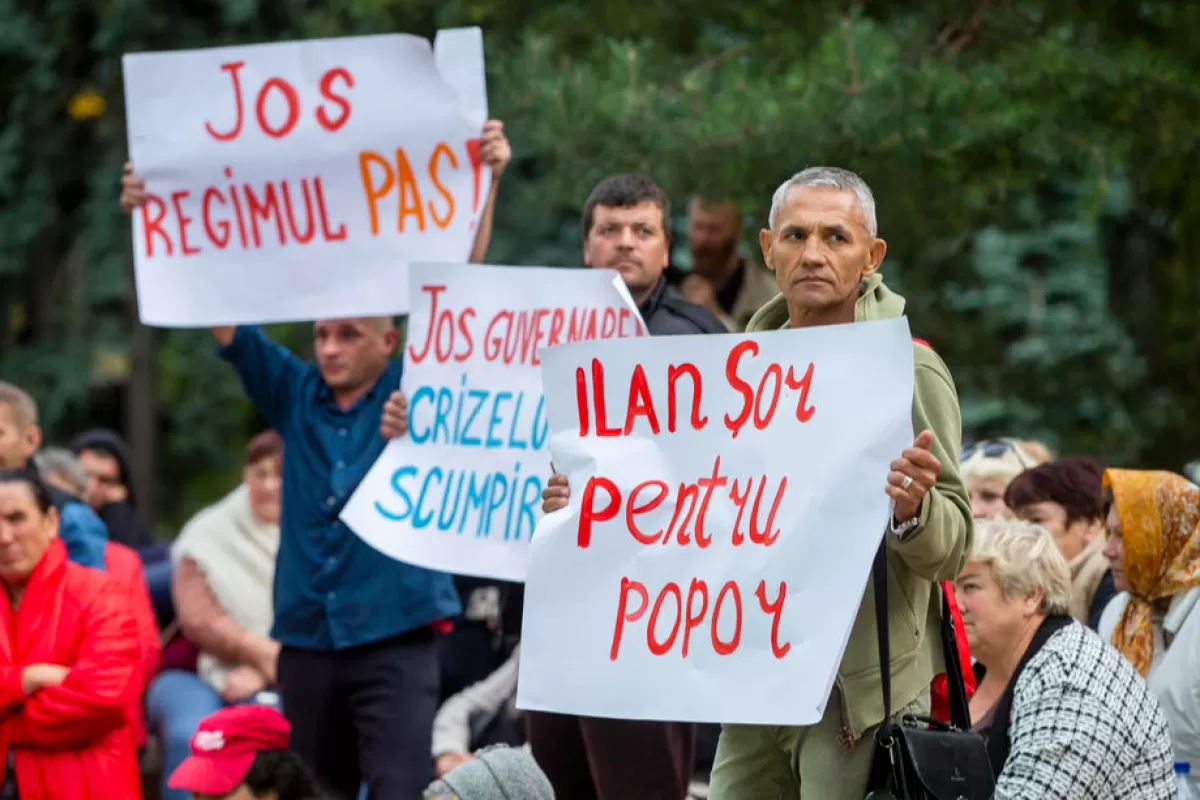
The internal stability of the Republic of Moldova is threatened by pro-Russian politicians who are trying to stir the pot by capitalizing on the numerous crises facing this country. The most vocal of them are politicians who’ve had run-ins with the law, such as Ilan Shor, the mastermind behind the “billion-dollar theft”, as well as former Socialist leader Igor Dodon, indicted on five distinct charges. Aware of their schemes, Moscow uses energy exports as blackmail.

In their zeal to carry out orders, Russian army officers sent their men to their deaths, writes the independent Russian press, which carries testimonies of some soldiers who fought in Ukraine. Another topic is the Russians in the diaspora who, allied with the extreme right in the West, organize demonstrations in support of the war in Ukraine.
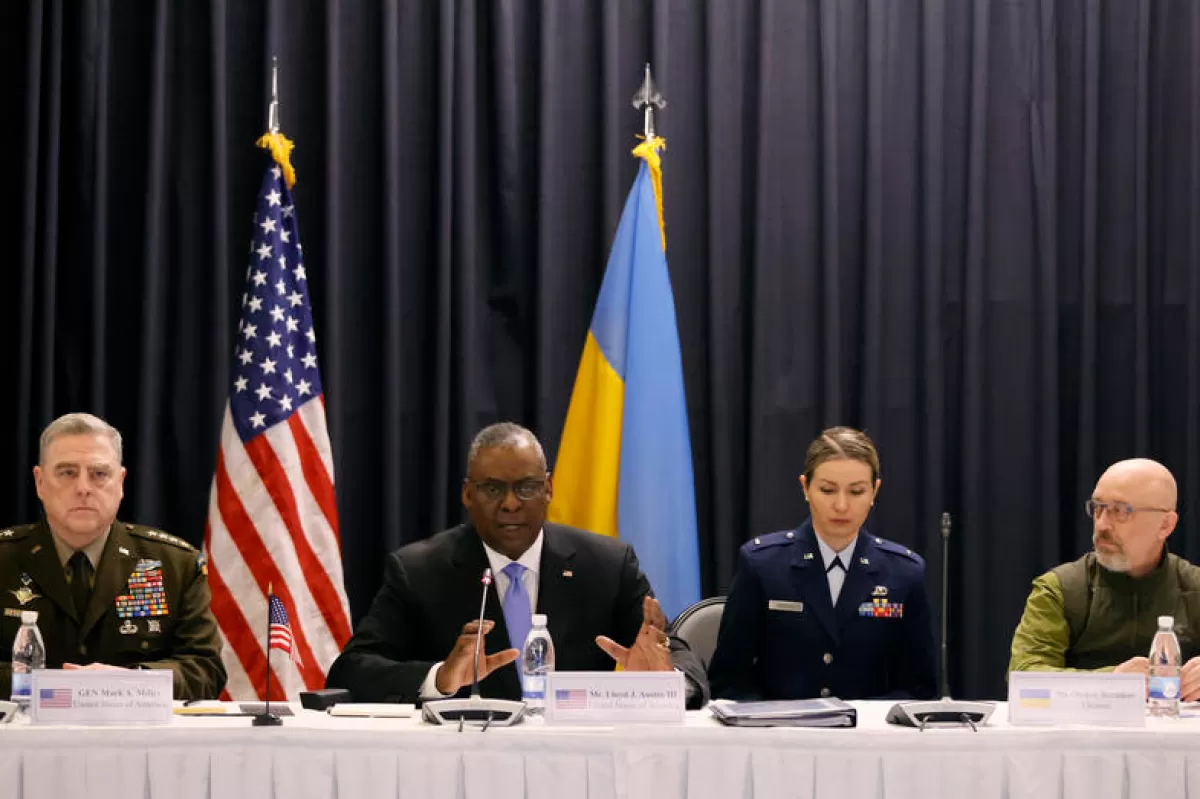
The Ukrainian Defense Ministry said it no longer trusts its Western partners, who don’t want peace in Ukraine, reads a propaganda narrative published by the Russian state media. Oleksii Reznikov’s statement was taken out of context. The Ukrainian official referred to a prospective multilateral peace agreement once Russia has surrendered and a constructive dialogue with the West.

The Republic of Moldova has increasingly distanced itself from Russia since the pro-European forces came to power in Chisinau following the early parliamentary elections of July 2021. The new government has taken a series of measures to reduce Moscow's influence and the dependence on it and sought, at the same time, to get in line, as much as possible, with the Western stands.
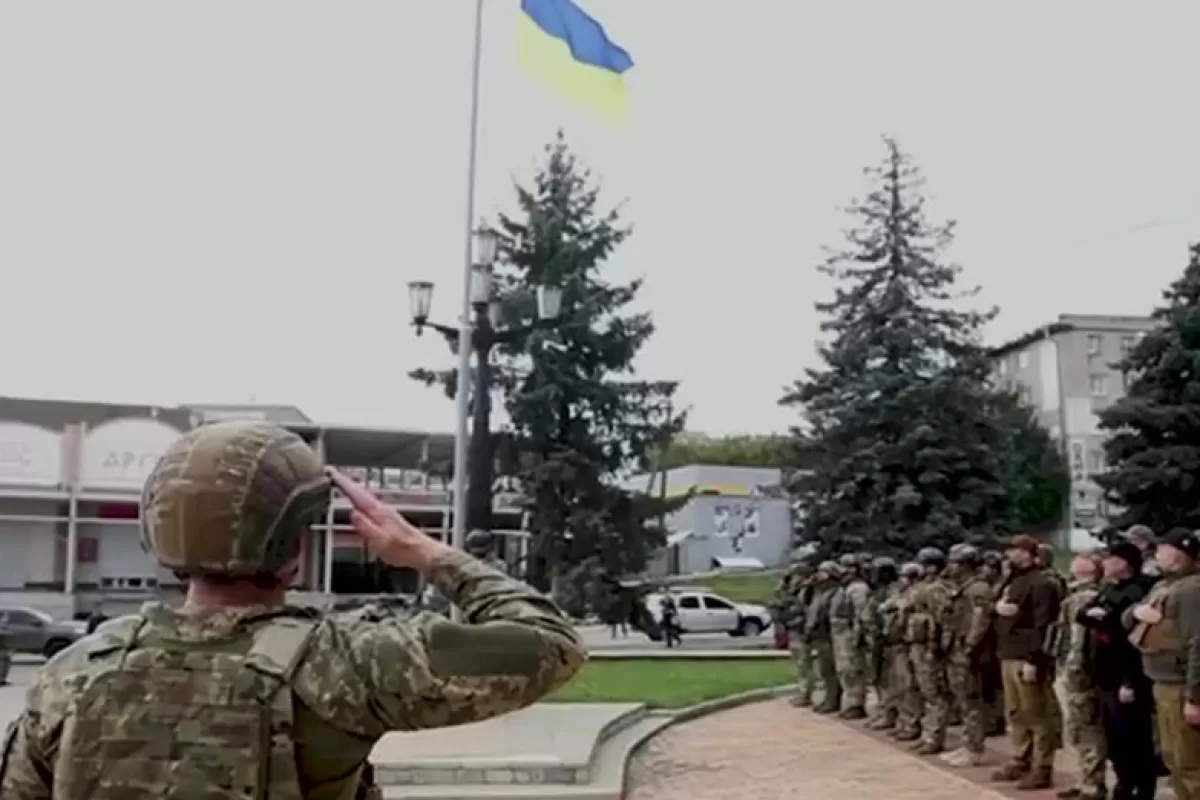
The successful counteroffensive of the Ukrainian armed forces in the Kharkiv region was not just the result of good tactical planning, but also a consequence of pro-Ukrainian sentiment at society level, determined by the country’s history, its invaluable cultural legacy and the positive experience of the first two phases of fighting off the Russian aggression.
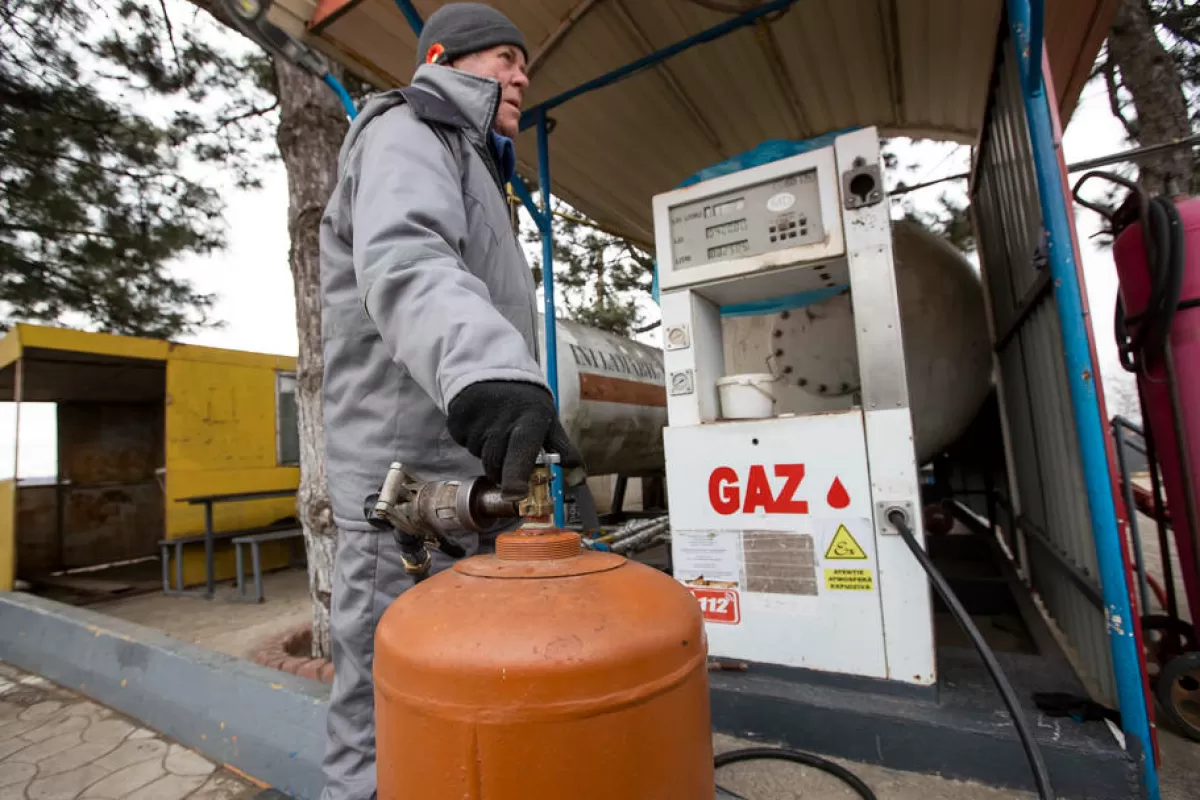
The Republic of Moldova could face a number of serious challenges this autumn, given that Russia wants to bring this country back into its orbit. At domestic level, Moscow is expected to use any leverage it has in the separatist region of Transnistria and in Găgăuzia. Adding to these pressure points will be the country’s energy concerns.

Most Ukrainians believe their country will win the war against Russia, reads a recent survey carried out by the International Republican Institute. The study also reveals that Ukrainians continue to argue in favor of Euro-Atlantic integration, although their perception of NATO reported fluctuations due to delays or readiness to provide military assistance, and they remain critical of their elected officials, despite the war.
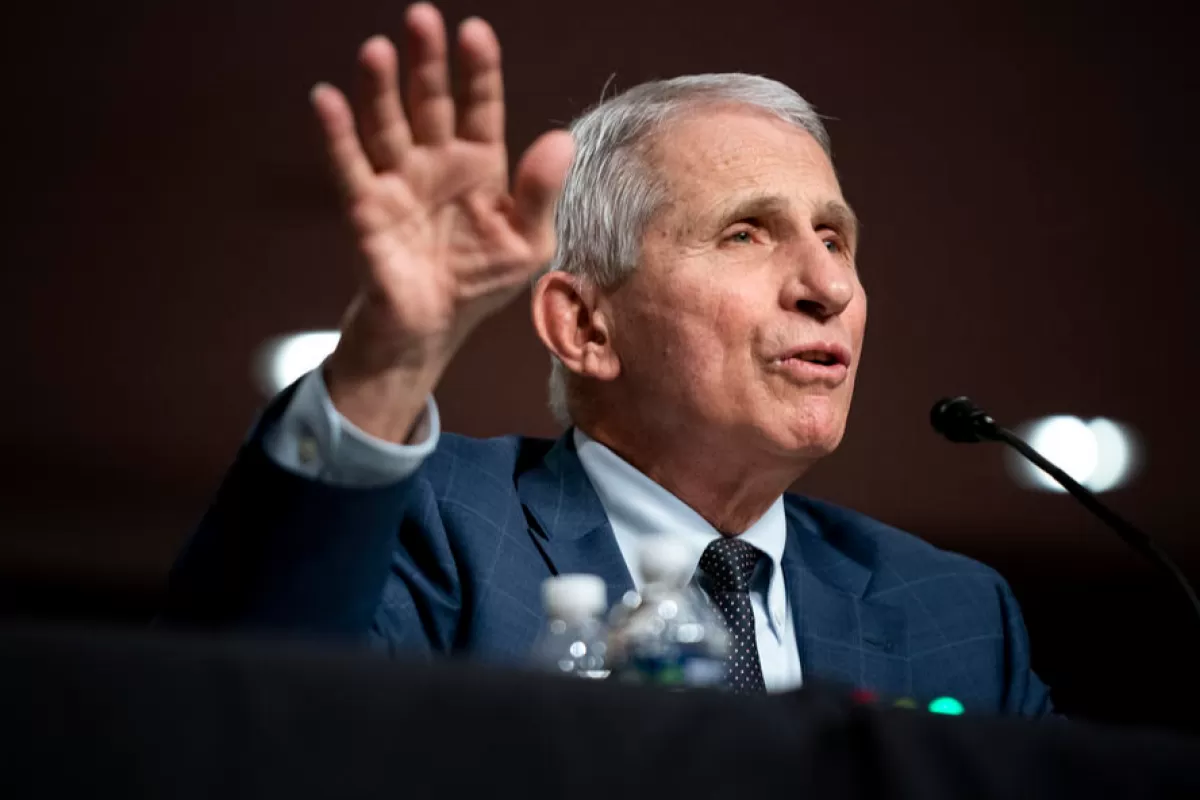
The former US chief epidemiologist has publicly admitted that US laboratories in Ukraine were involved in the production of the coronavirus, according to media in Russia and in the self-proclaimed Luhansk republic. The so-called news is a fabrication: there is no statement by Anthony Fauci regarding the production of viruses or other biological weapons in Ukraine.

An “independent expert” dispatched by the IAEA at the Zaporizhzhya NPP is actually a primatologist with long-standing political ties in Russia, the Russian independent media writes. Veridica has selected a number of articles describing how Russian children are taught to love, fight and die for the motherland and about Ukrainian fighters at the Azovstal steelworks in Mariupol.

Uncertainty linked to the official language of the Republic of Moldova, 31 years after this country proclaimed its independence, reflects just how hard defining and accepting a national identity has been. The country’s inability to settle linguistic disputes and break away from “Moldovenism”, a Soviet construct, is one of Chișinău’s many failures: after 31 years of independence, the country is still unable to fully control its territory and to ensure its energy and military security.
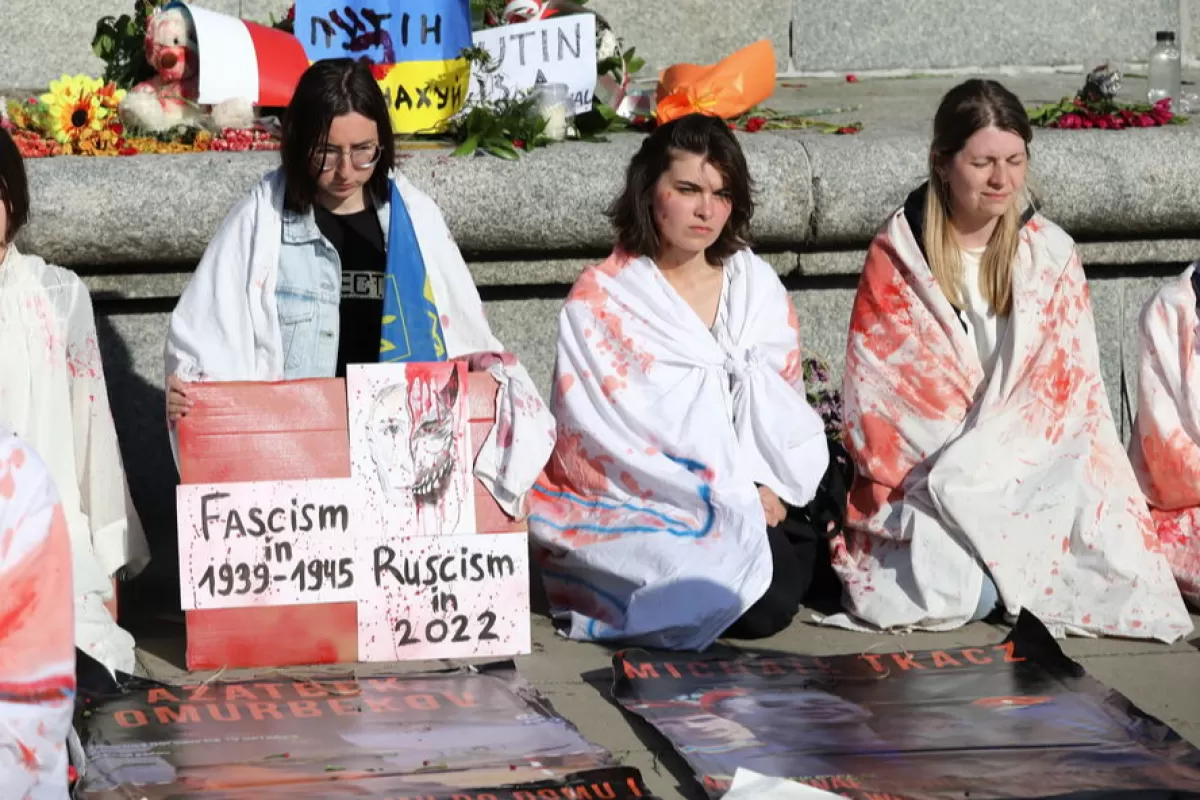
Due to Kyiv’s propaganda efforts in the last eight years, Ukrainians fail to understand that the Russian soldiers are there to liberate them, and mistakenly believe Russia is the occupier, according to false narratives promoted by Kremlin-linked media. In fact, Russia launched a conquest war, provoking the death of thousands of people and wide-reaching destruction.

The United States wants a nuclear disaster to happen at the Zaporizhzhia NPP in order to wipe out any evidence of their biological weapons labs, reads a false narrative disseminated by the Russian government media. In fact, no Western state wants to see a nuclear incident, all the more so as it might have a powerful global impact, whereas the laboratories manufacturing biological weapons in Ukraine are a fabrication of Russian propaganda.

Putin's objective to bring the neighboring country back into Moscow's orbit and into the so-called “Russian world” seems, more than ever, doomed to failure: Ukrainians no longer believe in the possibility of a reconciliation with Russia even after the fall of the Putin regime. The majority of Ukraine's population now wants European integration, but does not seem willing to accept all the EU's conditions.
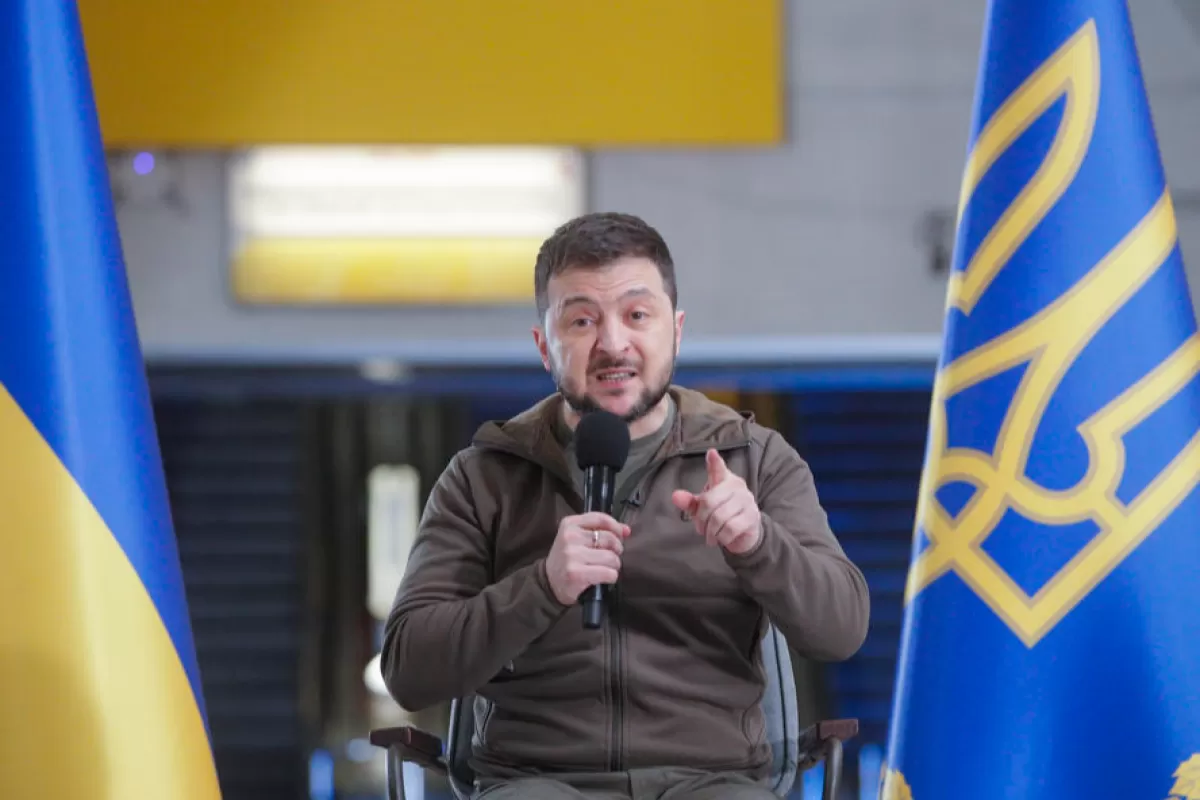
In recent years, Ukraine has taken a series of measures to secure its information space, affected both by Russian manipulation and disinformation campaigns, and by the influence of some oligarchs pursuing their own interests. The measures include a law aimed at taking the media away from the control of oligarchs. The effect has been more state control over the media, and the question arises whether it is a temporary situation, justified by the war, or a regression of Ukrainian democracy.

Natalia Gavriliță’s Cabinet, supported by the majority made up of Action and Solidarity Party (PAS) MPs, has in the last year constantly navigated a number of unprecedented crises, a record-high inflation of some 32%, but it also grabbed the biggest victory since 1991 - obtaining EU candidate status.
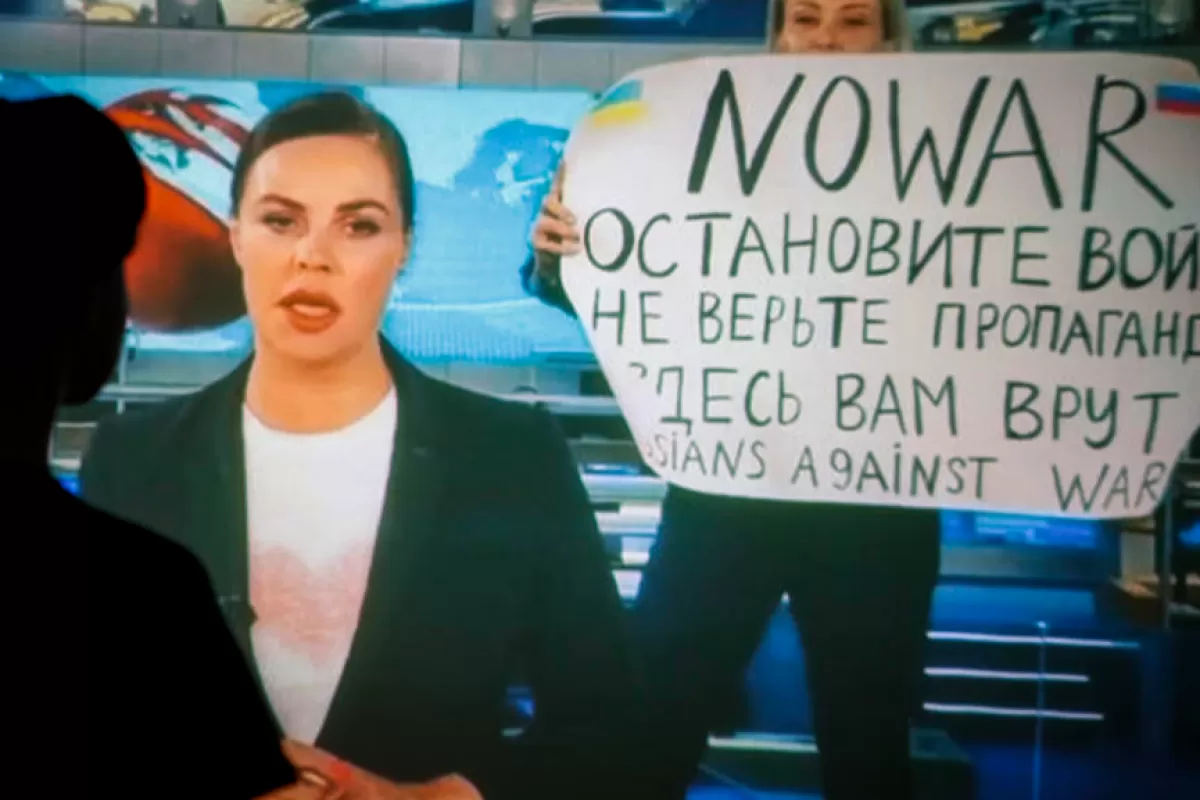
Urban legends about Ukrainians and the war in Ukraine end up being used as war propaganda by Moscow, the Russian independent media writes, also proving why the Amnesty International report criticizing Ukraine manipulates and misinforms public opinion and how the Putin regime is using nuclear weapons as a threat.

In recent months, the press in Ukraine has gone through a series of important changes, as it had to adapt to the new realities dictated by the war – funding cuts, personnel problems, involvement in the effort to mobilize the population. On the other hand, the media landscape is also feeling the impact of the “deoligarchization” law, promulgated by President Volodymyr Zelenskiy in November 2021, before the start of the war.

Ukraine could cause a nuclear disaster if it keeps bombing the Zaporizhzhia power plant as ordered by the US, according to a propaganda narrative released by Russia's Foreign Ministry and distributed by the state media. In reality, Russia is placing weapons and military equipment on the plant’s site, endangering the nuclear security of Europe.
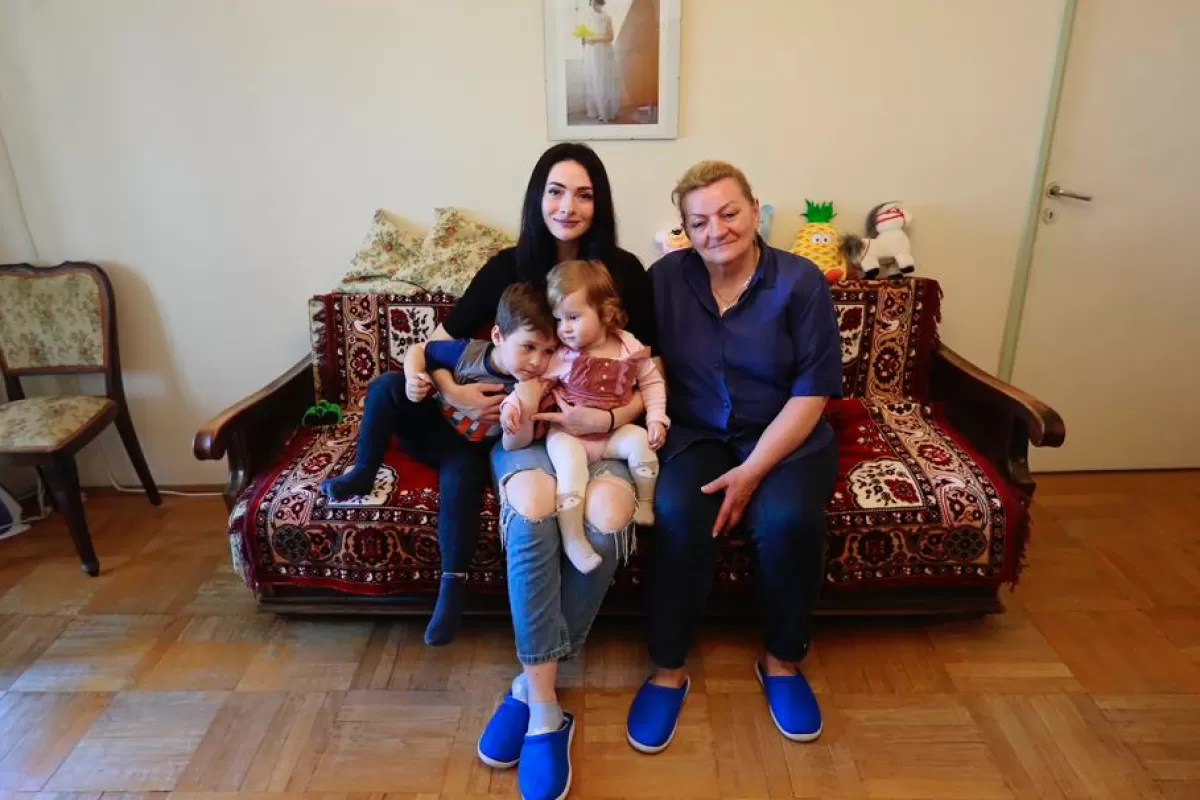
Romania will receive lots of African and Asians fleeing the Russian invasion in Ukraine, and Romanian authorities keep their nationality secret.